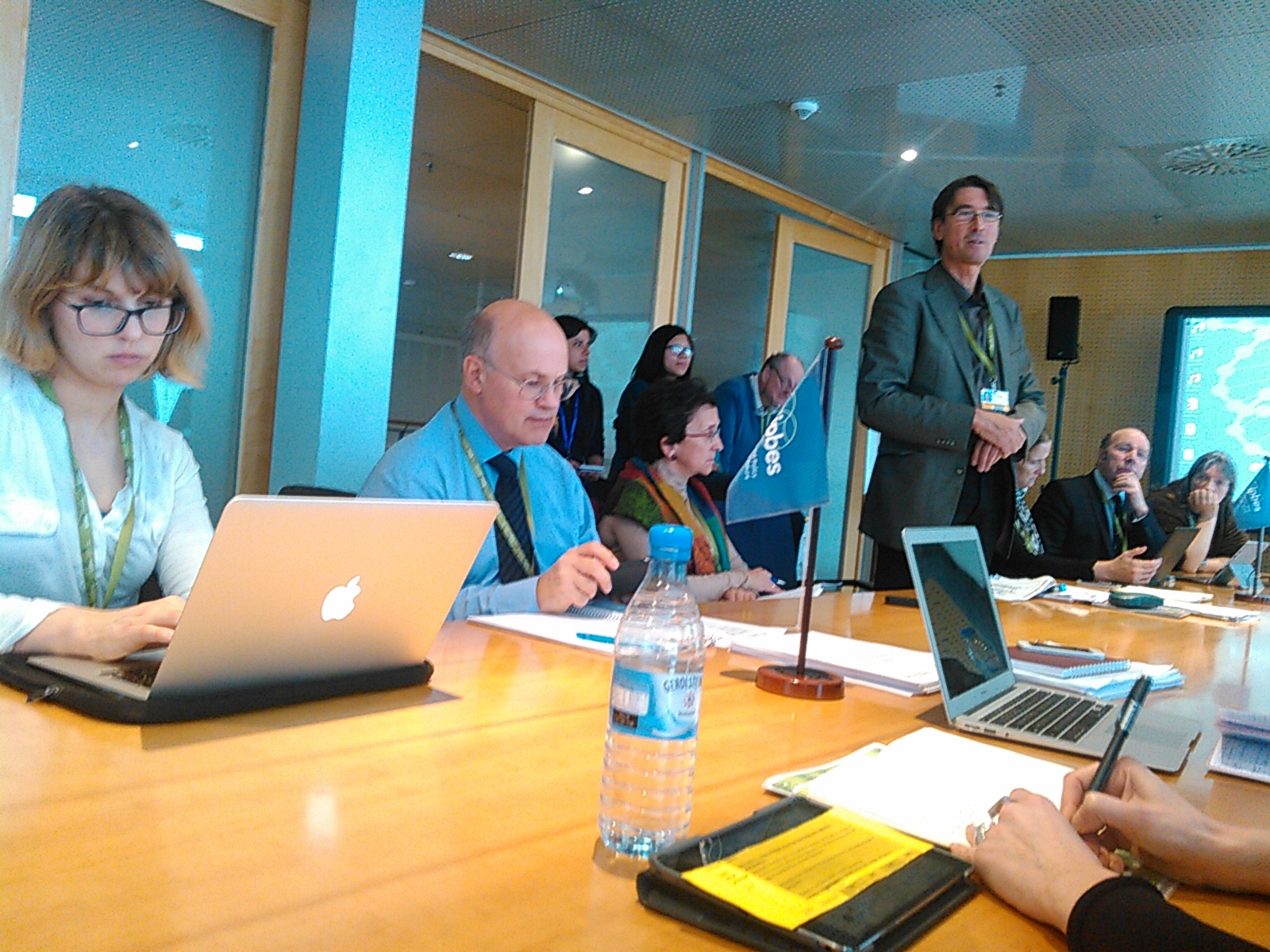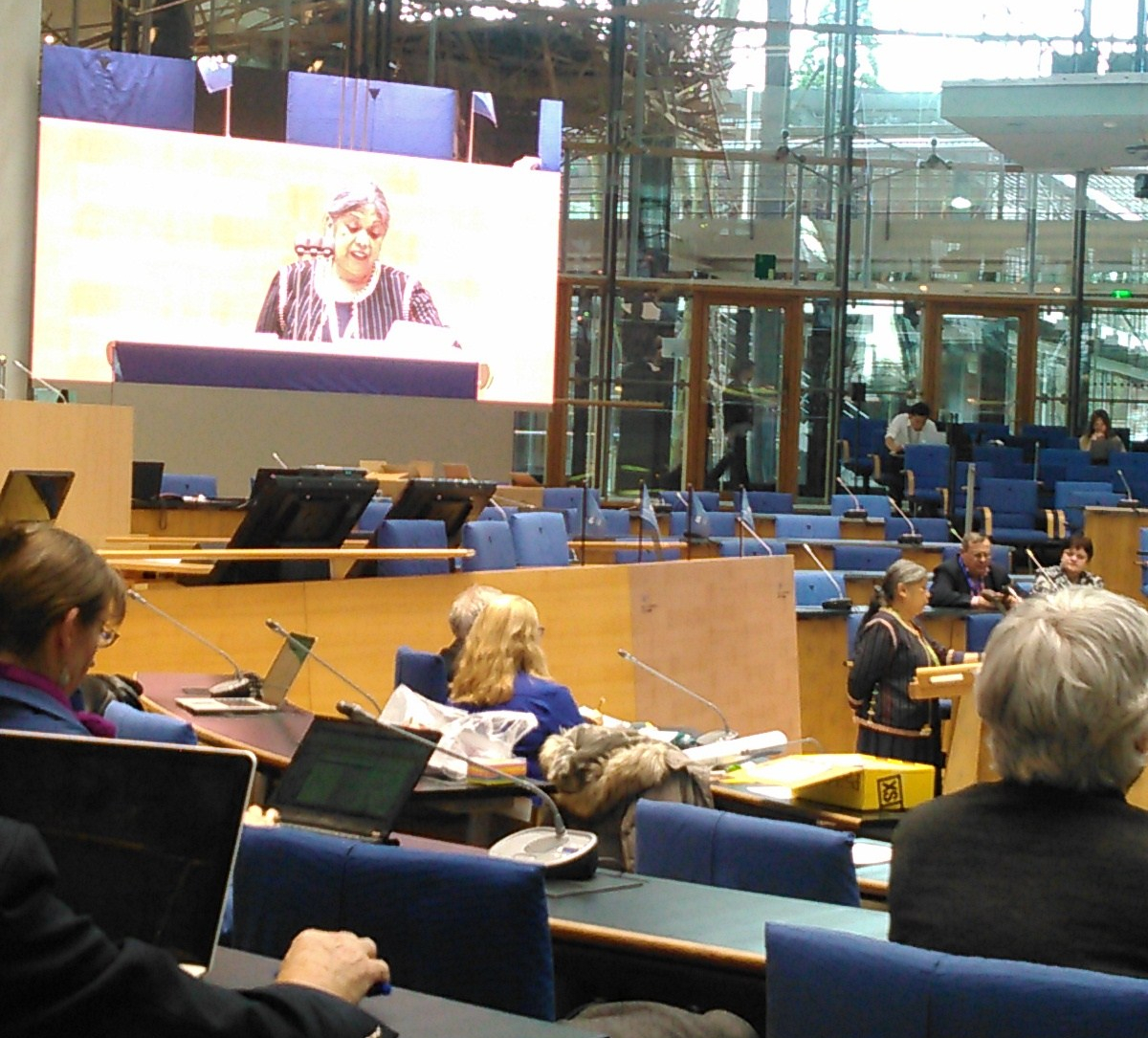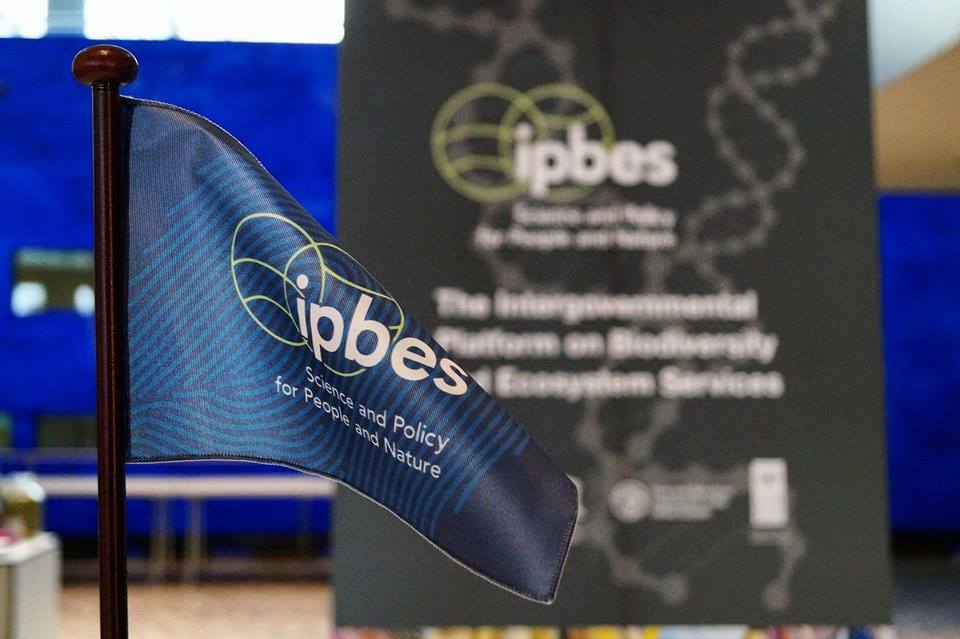During both broad plenary meetings and smaller, break-off group discussions, the importance of elevating and incorporating the knowledge and expertise of indigenous and local peoples was a reoccurring theme.
The incorporation of indigenous knowledge cannot be limited to late-stage discussions. Rather, successful implementation of the IPBES work programme must necessarily involve local and indigenous actors from the very beginning. This includes engaging with local communities to determine questions about what kind of research is valuable; these conversations can guide planning and prioritization. Showcasing the impact of issues relevant to biodiversity and ecosystem services on these communities is likewise stressed as essential. To enable these types of dialogue, local dialogue workshops were proposed.

The involvement of indigenous and local peoples in the mission and activities of IPBES is truly one of mutual benefits. All to often, the needs of these groups go unrecognized in strategy and policy planning. Equally problematic is the failure to recognize these groups’ unique skills and contribution regarding local habitats and ecosystems in the plans that will directly affect them. Local and indigenous people have demonstrated elite-level skills in such activities as mapping from which IPBES can greatly beneficial.
What is certain is that any effort to incorporate the skills and contributions of indigenous peoples must be conscious of the imbalance of our relationship with these people. Too often, such knowledge has been used without true consent or any respect for the intentions of the contributors. A peer-to-peer relationship–one of true collaboration, consent, listening, and learning–with indigenous people is needed to address these ethical concerns.

The political marginalization–both historical and present–of indigenous peoples has suppressed and inhibited the contribution of indigenous knowledge of ecosystem. Hopefully, the concentrated efforts of IPBES will allow the invaluable skills and offerings of these groups to be implemented into the work of promoting and protecting biodiversity and ecosystem services in a productive, respectful, and mutually beneficial manner.









